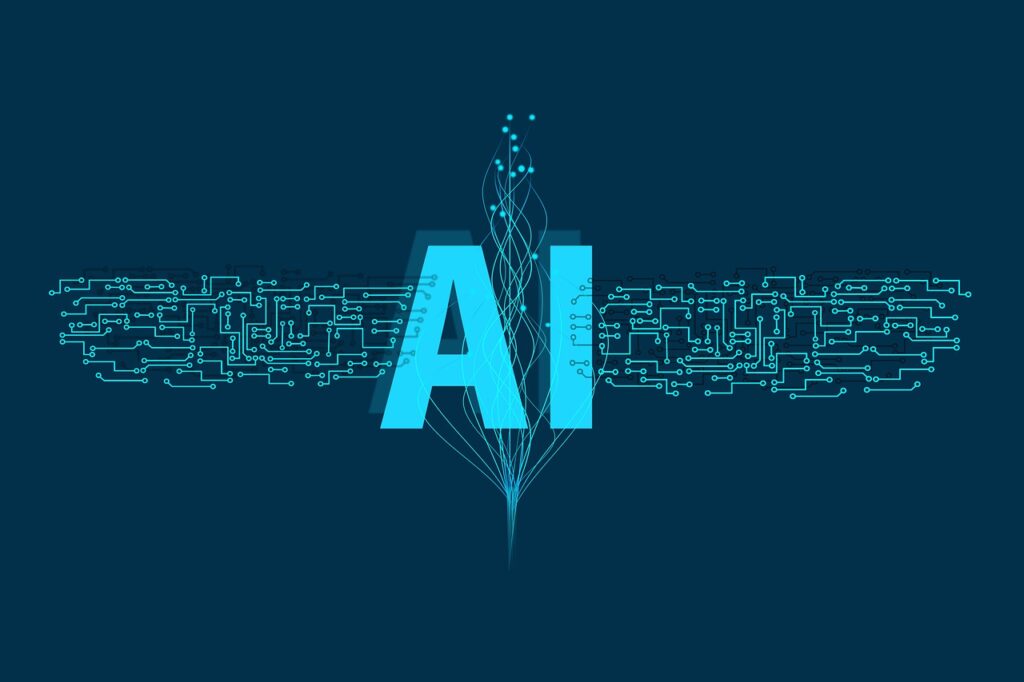Yes, content writing has a future with AI, and the integration of artificial intelligence into the field has already begun to shape the way content is created, optimized, and consumed. Here are several aspects to consider when discussing the future of content writing with AI:
Content Creation Assistance
AI can assist writers by providing suggestions, generating ideas, and even helping with the actual writing process. Tools like OpenAI’s GPT-3 can generate coherent and contextually relevant text based on prompts, making content creation faster and more efficient.
Content Optimization
AI tools can analyze data and user behavior to optimize content for search engines and user engagement. This includes keyword optimization, content structure suggestions, and personalized content recommendations.
Automated Content Generation
AI can generate content at scale, such as product descriptions, news articles, or reports, based on predefined templates and data inputs. This can be particularly useful for repetitive or data-driven content.
Multilingual Content Translation
AI-powered translation tools can assist in creating content in multiple languages, enabling businesses to reach a global audience more effectively.
Content Personalization
AI algorithms can analyze user preferences, behavior, and historical data to deliver personalized content recommendations. This helps in creating a more engaging and tailored user experience.
Chatbots and Conversational AI
Chatbots and conversational AI are being used to create dynamic and interactive content. This includes chat-based interfaces, virtual assistants, and interactive storytelling, providing a more engaging user experience.
Content Curation
AI algorithms can sift through vast amounts of data to curate relevant content for specific audiences. This can help content writers stay updated on trends, news, and relevant topics within their niche.
Enhanced Editing and Proofreading:
AI-powered tools can assist in editing and proofreading by identifying grammar errors, suggesting improvements in writing style, and ensuring overall coherence.
However, it’s important to note that while AI can automate certain aspects of content creation, human creativity, critical thinking, and emotional intelligence are still essential. AI tools are tools for augmentation rather than complete replacement. The best results often come from a collaborative approach where humans leverage AI to enhance their capabilities.
As AI continues to evolve, content writers will likely find new opportunities and challenges, necessitating a continuous adaptation to the changing landscape of technology and content creation.




